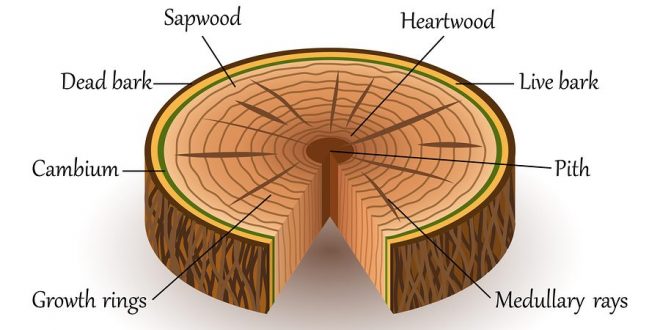Traditional knowledge (TK) is knowledge, know-how, skills and practices that are developed, sustained and passed on from generation to generation within a community, often forming part of its cultural or spiritual identity.
Traditional knowledge includes types of knowledge about traditional technologies of subsistence (e.g. tools and techniques for hunting or agriculture), midwifery, ethnobotany and ecological knowledge, traditional medicine, celestial navigation, craft skills, ethnoastronomy, climate, and others. These kinds of knowledge, crucial for subsistence and survival, are generally based on accumulations of empirical observation and on interaction with the environment.

1. Origin, structure and function of cambia and their derivatives. Seasonal variation in cambial activity (6 hrs)
2. Anomolous cambial activities in Amaranthus, Mirabilis, Bougainvillea, Aristolochia.(6 hrs)
3. Structure of wood TS, TLS and RLS - Soft wood, Hard wood, Sap wood, Heart wood. Role ofextractives in wood quality. Wood anatomy of the following wood yielding plants of Kerala: Artocarpus integrifolia, Tectona grandis, Dalbergia latifolia, Ailanthus malabarica, Alstonia scholaris. (7 hrs)
4. Nodal anatomy, root –stem transition (4 hrs)
5. Organization of shoot and root apex, shoot and root development (2 hrs)
6. Anatomy in relation to taxonomy (2 hrs)

- Teacher: Fr Roy John